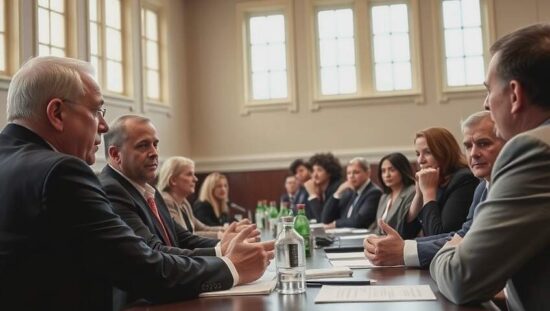Defense Minister Boris Pistorius has publicly rebuffed accusations of undermining a cross-faction agreement regarding a tiered military service model, escalating tensions within the German coalition government. Speaking to the Tagesspiegel, Pistorius dismissed claims from CDU/CSU parliamentary group deputy leader Norbert Röttgen, who suggested the minister was actively sabotaging the negotiated framework.
The dispute centers on significant alterations proposed to Pistorius’s draft legislation “before” its formal introduction to the Bundestag. Pistorius stressed that his concerns are longstanding and not a recent development, highlighting his reservations regarding alterations to two “elementary” components of his initial proposal.
Crucially, Pistorius voiced deep reservations about a compromise plan to reduce the scope of mandatory health checks for potential recruits. Instead of comprehensive assessments of entire birth cohorts – estimated to involve around 300,000 young men – the proposal would limit examinations to a smaller sample of a few thousand. Pistorius warned that this reduction would compromise the Bundeswehr’s ability to accurately gauge the physical readiness of potential conscripts in a crisis situation, a vital consideration given escalating geopolitical instability.
Further complicating matters, the minister expressed concern over the logistical burden of a protracted recruitment campaign targeting all randomly selected individuals, emphasizing the resulting loss of valuable preparation time for the armed forces. His remarks signal a potential clash within the governing coalition regarding the design of the revamped military service framework, raising questions about the government’s ability to enact meaningful reforms and reflecting underlying disagreements about the Bundeswehr’s long-term readiness. The debate underscores the political sensitivity surrounding conscription in Germany and the challenges of balancing security concerns with public and parliamentary opinion.





